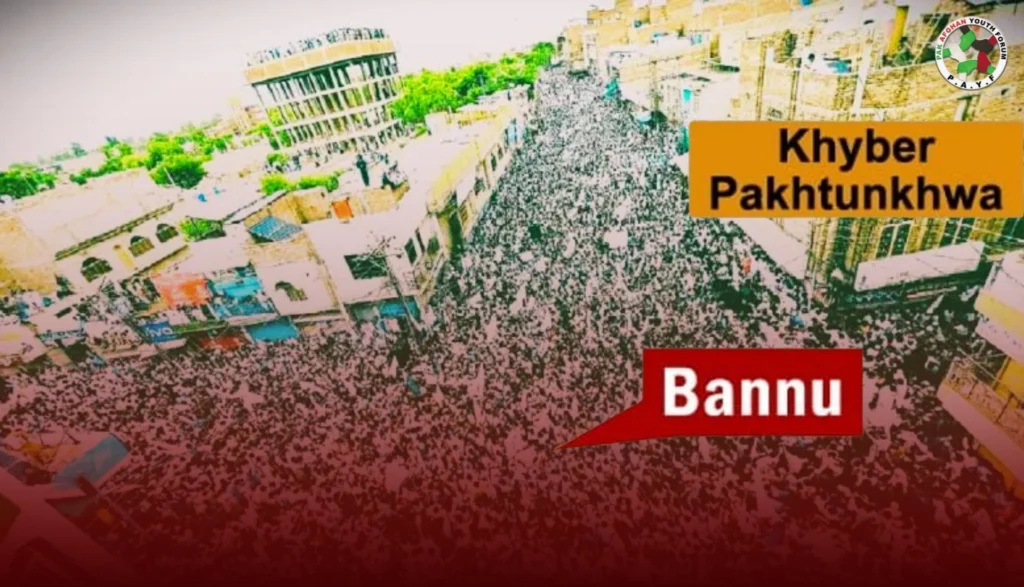The shared history, culture, and religion between Pakistan and Afghanistan have long been celebrated as the cornerstone of their relationship. Yet, this Pak-Afghan bond now faces its sternest test as both nations grapple with the menace of Fitna Al Khawarij—terrorist elements such as the Tehrik-e-Taliban Pakistan (TTP). These groups, operating from Afghan soil, have become a transnational threat, undermining peace in both nations and destabilizing the region.
Pakistan’s Position
Pakistan’s recent strikes on TTP training camps on December 24 along the border were not an act of aggression against Afghanistan or its people. Rather, they were a necessary response to escalating attacks orchestrated by the TTP. These camps have long served as hubs for terrorism, training suicide bombers and harboring militants such as Sher Zaman alias Mukhlis Yar, Akhtar Muhammad, and Shoaib Iqbal—whose activities have claimed countless lives.
More recently, on December 21, at least 16 Pakistani soldiers lost their lives in clashes with TTP terrorists near the Afghanistan border. A military statement indicated that the predawn violence occurred when a group of heavily armed terrorists stormed an outpost in the volatile South Waziristan border district, marking one of the deadliest attacks on Pakistani troops in recent months.
Notably, the Tehrik-e-Taliban Pakistan (TTP), known for its violent extremism, operates freely from Afghan soil, orchestrating attacks that disrupt Pakistan’s peace and security. On the night of December 27-28, 2024, 20-25 TTP terrorists attempted to infiltrate Pakistan via AIG border posts in Kurram and North Waziristan. Despite Pakistani security forces successfully thwarting these attempts, the subsequent unprovoked heavy fire by TTP terrorists and IEA members escalated tensions, leading to significant casualties on the Afghan side. Pakistan’s swift and decisive response highlighted its resolve, but also underscored the urgent need for Afghanistan to address the activities of these extremist groups.
It is noteworthy that Pakistan has consistently sought to address these threats through dialogue, urging the Afghan Interim Government (AIG) to curb the TTP’s operations. However, the lack of decisive action from Afghanistan has left Pakistan with little choice but to exercise its internationally recognized right to self-defense, weakening the Pak-Afghan bond.
Also See: ISPR Highlights Pakistan’s Fight Against Cross-Border Terrorism
The Betrayal of Brotherhood
Despite Pakistan’s goodwill, which includes not only hosting millions of Afghan refugees for decades, but also providing support at multiple levels—diplomatic, economic, and humanitarian, even as it faces significant economic and security challenges at home—the IEA’s reluctance—or refusal—to act against the TTP is deeply disheartening. Statements by Afghan officials, including the Ministry of Defense, followed by an infiltration attempt in Pakistan, add further strain. The Ministry has claimed retaliatory strikes on what it calls “hostile elements” (ISKP) and their supporters, explicitly referring to Pakistan’s security forces as “supporters of evil elements.”
Furthermore, the Ministry dismissed the internationally recognized Pak-Afghan border as a “fictitious line,” a statement that undermines efforts toward peace and cooperation. More troubling still is the Afghan Culture Minister’s characterization of TTP members as “guests,” echoing the same rhetoric that once justified sheltering Osama bin Laden.
Pakistan, while focused on preserving regional stability, has always viewed Afghanistan as a strategic partner in countering terrorism. However, such statements complicate the situation and breed further mistrust.
This betrayal not only undermines Pakistan’s security but also jeopardizes Afghanistan’s own stability. The TTP’s actions enable other extremist groups, like ISIS-K, to flourish, as evidenced by Russia’s recent foiling of an ISIS-K attack in Moscow.
A Call for Unity Against a Common Enemy
The TTP’s continued operations in Afghanistan are a cancer that eats away at the fabric of regional peace. Pakistan and Afghanistan must recognize that this is not merely a bilateral issue; it is a shared existential threat. While Pakistan has exercised restraint, it will not hesitate to defend its sovereignty and its people.
Afghanistan, under its interim government, must acknowledge that supporting groups like the TTP is a dangerous gamble. These “guests” are not allies but parasites, exploiting Afghanistan’s hospitality to destabilize the region.
The Road Ahead: Brotherhood, Not Betrayal
Pakistan remains committed to its vision of a peaceful and stable Afghanistan. The airstrikes targeting TTP camps were a message—not of hostility but of urgency. Pakistan seeks not conflict but cooperation, a partnership to neutralize the Khawarij who threaten both nations.
As the dust settles, the question looms: Will Afghanistan join Pakistan in this fight against terror, or will it allow the TTP to drive a wedge between two brotherly nations?
The answer to this question will shape not only the future of Pak-Afghan ties but also the trajectory of peace in the region and the bond of the two nations. The bond of brotherhood must prevail, but it cannot endure in the face of betrayal. Afghanistan and Pakistan must rise together, or they risk falling divided.
In the end, it is not just borders or policies that will define their relationship—it is their shared resolve to confront a common enemy for a common future.

![Pakistan strikes TTP camps in response to rising attacks. Can the Pak-Afghan bond withstand the evil of terrorism, or will betrayal sever it? [Image via foreignpolicy.com]](https://pkafgyouthforum.com/wp-content/uploads/2024/12/Pakistan-Taliban-Border-Flags-GettyImages-1234743098-3.webp)

